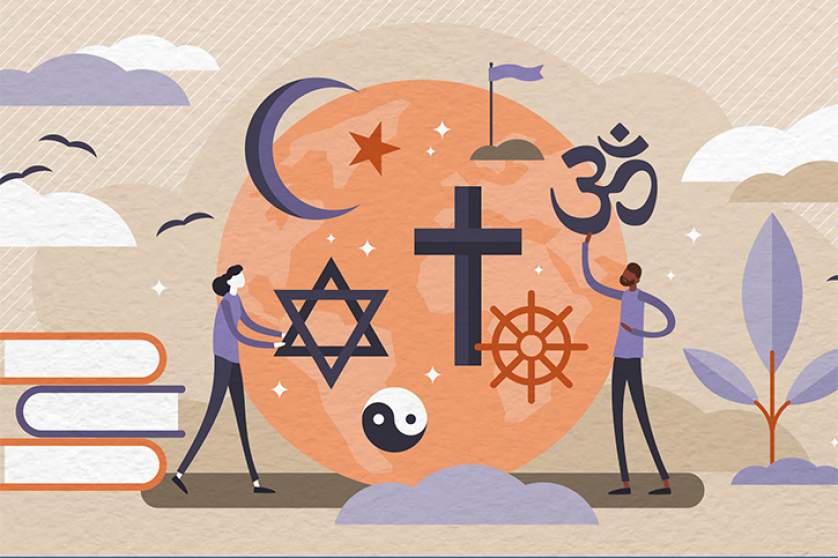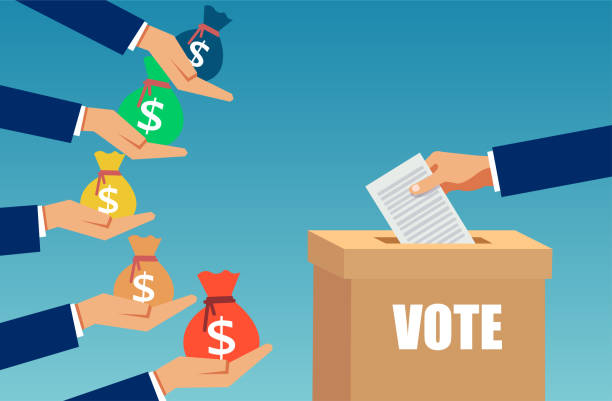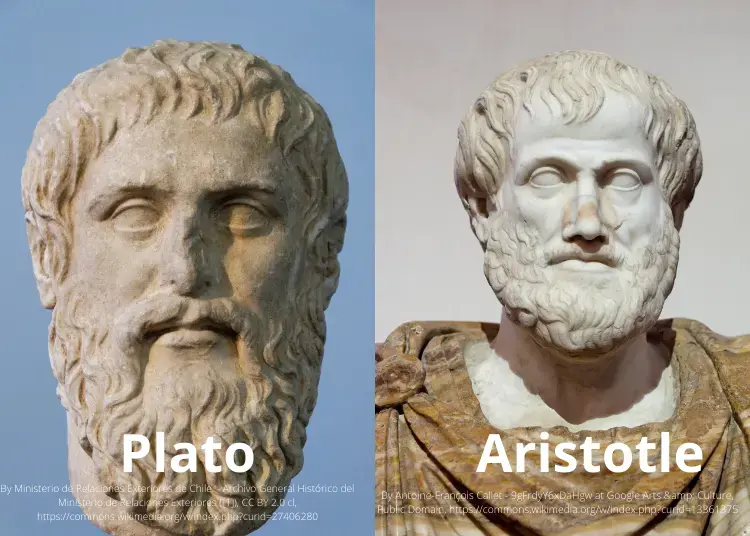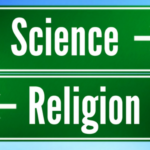Humility is a quality that is often overlooked in our society today. People tend to focus on their strengths, achievements and abilities, and often forget about their weaknesses and limitations. This self-centeredness can lead to an unhealthy sense of pride and a tendency to judge and condemn others for their weaknesses and shortcomings. However, being aware of one’s own weaknesses and limitations can actually be a powerful source of humility and compassion for others.
One of the benefits of being humble and aware of one’s own weaknesses is that it allows us to recognize the common humanity that we all share. Regardless of our backgrounds, education, and wealth, we all have flaws, limitations, and struggles. This realization can help us to develop a deeper sense of empathy and understanding for others, and to see the world from their perspective. This, in turn, can lead to more meaningful relationships and a more peaceful and harmonious society.
Being humble and aware of our own weaknesses is an important aspect of personal growth and development. It allows us to be honest with ourselves, and to see ourselves as we really are, rather than as we would like to be seen. When we are humble and self-aware, we are better able to recognize the areas in which we need to improve and to work on developing our strengths and overcoming our weaknesses.
One of the key benefits of humility is that it allows us to be more compassionate and understanding towards others. When we are aware of our own limitations, we are better equipped to appreciate the struggles that others face. This can help us to build stronger, more meaningful relationships with the people around us. For example, imagine that you are working with a colleague who is struggling with a particular task. If you are aware of your own limitations and struggles, you are likely to be more understanding and patient with your colleague, and more likely to offer help and support. This, in turn, can help to create a positive and supportive work environment, and can contribute to a more harmonious and productive team.
Another benefit of humility is that it helps to reduce conflict and tension in relationships. When we are aware of our own limitations, we are less likely to be judgmental or critical of others. This can help to reduce the risk of conflicts and disagreements, and can help to create a more peaceful and harmonious environment. For example, imagine that you are in a disagreement with a friend or family member. If you are humble and self-aware, you are more likely to listen to their perspective and to try to understand where they are coming from, rather than simply trying to impose your own views. This can help to reduce tension and conflict, and can help to foster stronger and more meaningful relationships.
In addition to these benefits, humility also has a positive impact on our own mental and emotional well-being. When we are humble and self-aware, we are less likely to be overly critical of ourselves, and are better able to accept our limitations and imperfections. This can help to reduce stress and anxiety, and can help to improve our overall sense of well-being.
Another important aspect of humility is the ability to admit one’s mistakes and to learn from them. When we are humble, we are more open to feedback and criticism, and are more willing to learn from our mistakes. This leads to personal growth and development, and helps us to avoid repeating the same mistakes in the future. In contrast, people who are overly confident and lack humility are often resistant to feedback and criticism, and are less likely to learn from their mistakes.
Being humble and aware of one’s own weaknesses can also help us to have a more positive and realistic view of ourselves. Instead of constantly comparing ourselves to others and striving for perfection, we can focus on our strengths and weaknesses, and strive to be the best versions of ourselves. This leads to a healthier sense of self-esteem, and reduces feelings of anxiety, depression, and stress.
Furthermore, humility can lead to more meaningful and fulfilling relationships. When we are humble, we are more likely to listen to others and to be open to their perspectives. This can lead to deeper and more meaningful conversations, and to the development of strong and supportive relationships. Additionally, when we are humble, we are less likely to judge and criticize others, and more likely to offer support and encouragement.
It is important to note that humility does not mean being passive or lacking confidence. Humility is about being grounded in one’s own abilities and limitations, and having a healthy perspective on oneself and others. People who are humble are still capable of pursuing their goals, taking risks, and being confident in themselves. However, they do so with a sense of perspective, recognizing that their success and achievements are not the only measure of their worth as a person.
Being humble and aware of one’s own weaknesses can lead to a more fulfilling and meaningful life. By recognizing our common humanity and focusing on our strengths and weaknesses, we can develop empathy and understanding for others, learn from our mistakes, have a healthier sense of self-esteem, and build meaningful relationships. By embracing humility, we can create a more peaceful and harmonious society, and become better versions of ourselves.

![]()



















GIPHY App Key not set. Please check settings